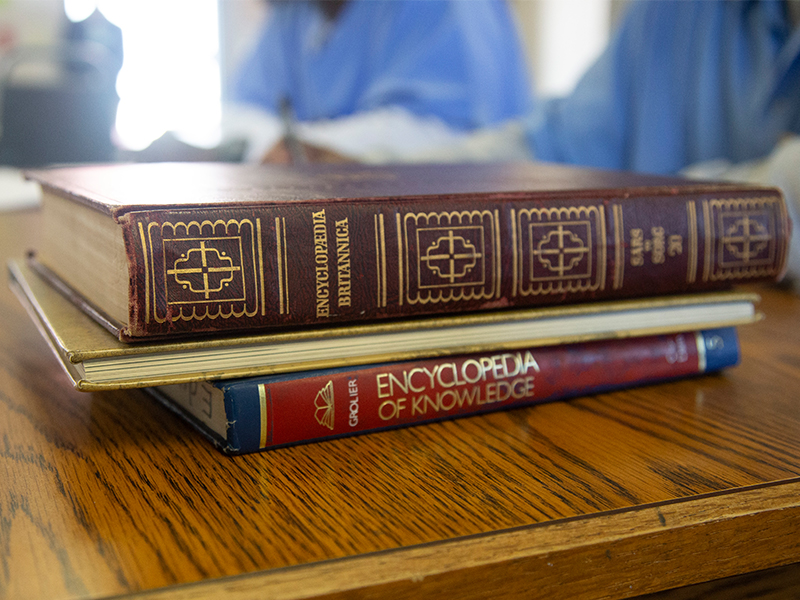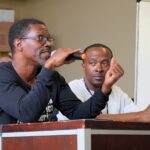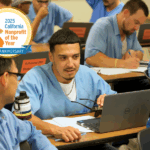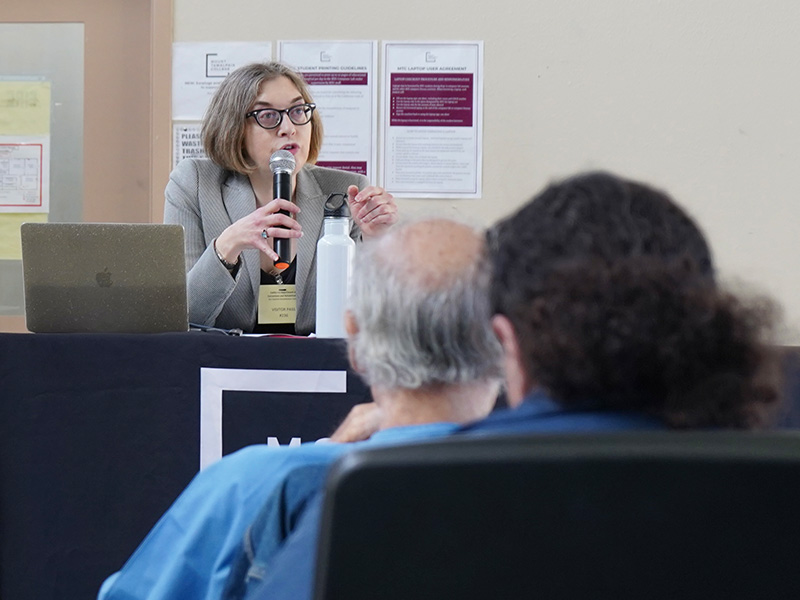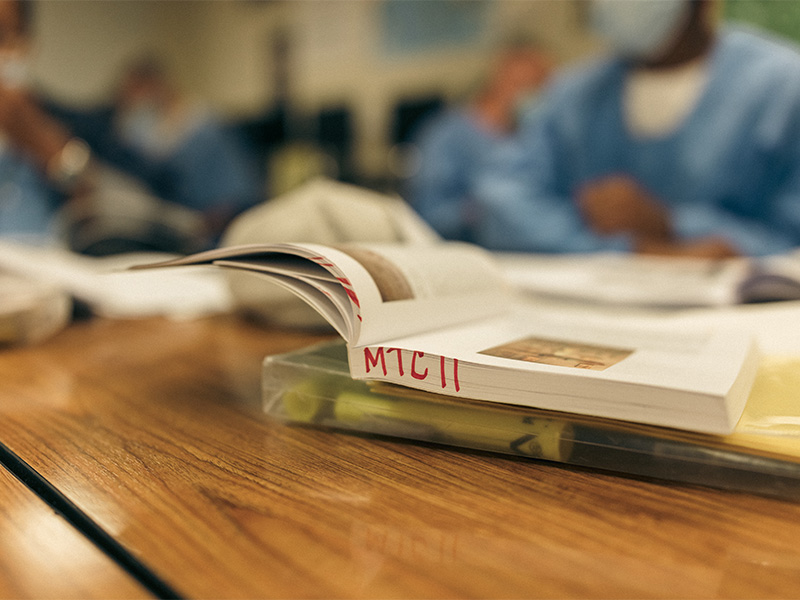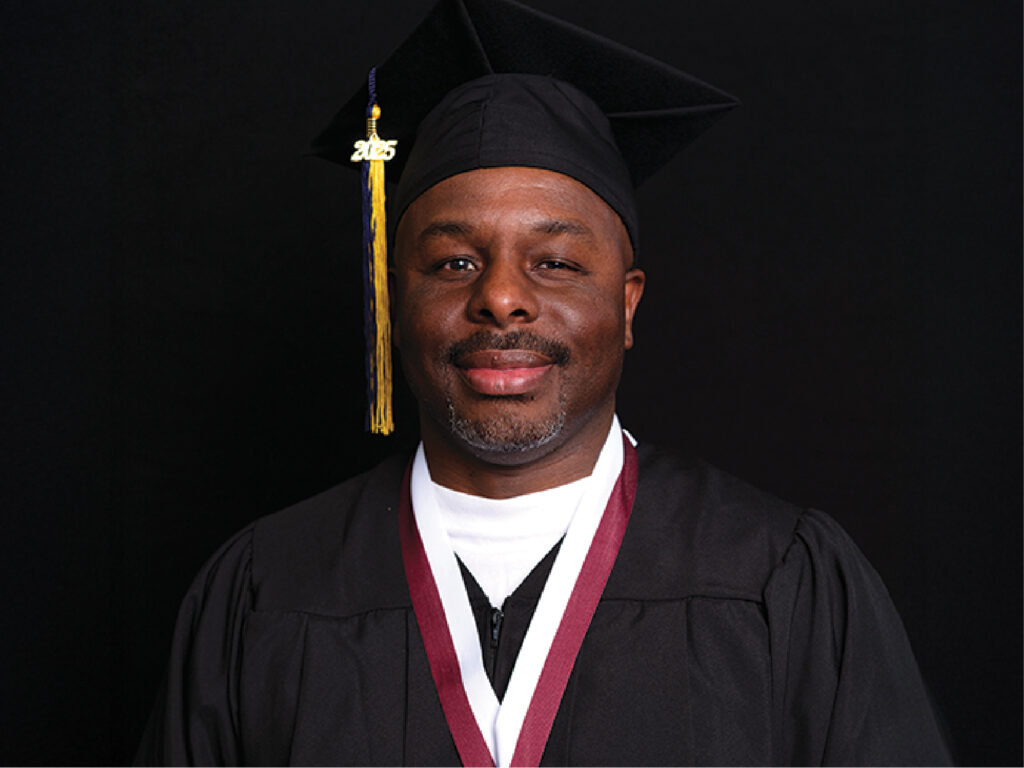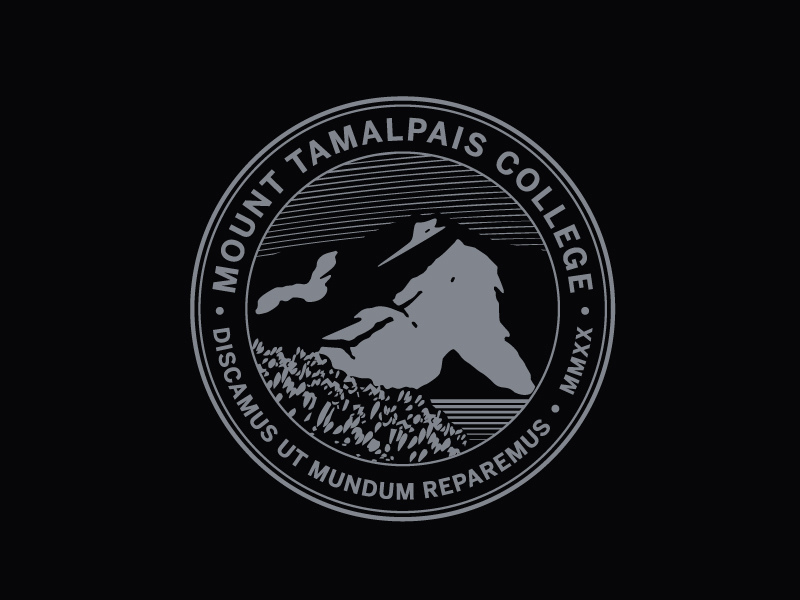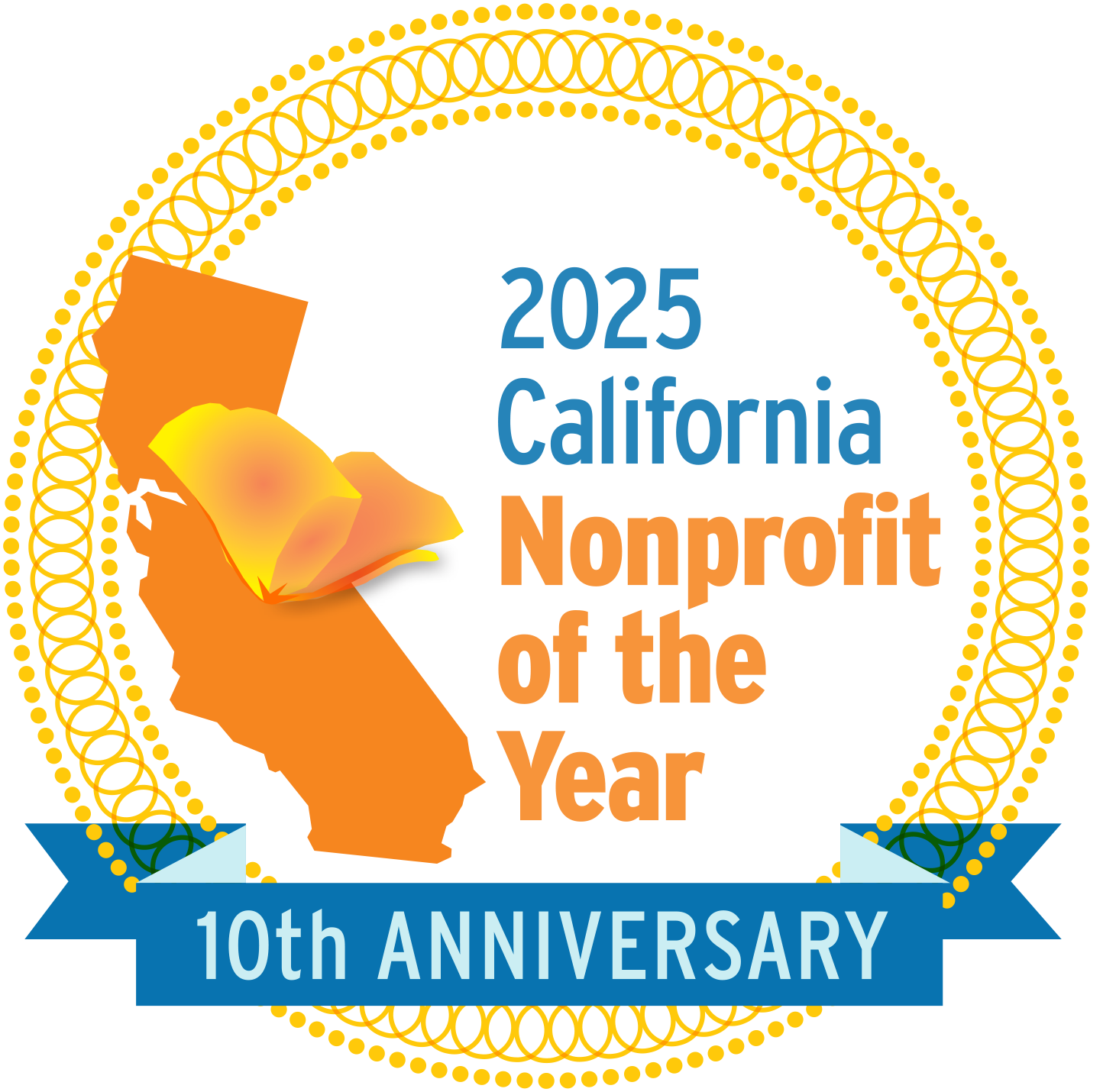My literacy journey began with a solid grade school education. I was fortunate enough to have grade school teachers who were interested in giving their students a basic ability to read and write through the grade school level. At all points I was in the top three of my classes up and throughout sixth grade.
Grade school gave me a desire to learn in spite of the segregation of the schools at the time. I went to a Northern school in the midwest: Omaha Nebraska to be exact. I went to an approximately ninety-five percent African-American patronized school and we didn’t have any overt racial issues that seemed to restrict my education at the time—or so I thought. That is until I entered the seventh grade and had to go to another school as my grade school discontinued seventh and eighth grades.
At the time, there was a new junior high school just built in the African American community that would admit approximately ninety percent of new Black students for attendance. At the elementary school I had been attending, we were expected to go to that new junior high school. But I somehow got the notion that I wanted to attend the integrated junior high school at Technical High instead of the heavily segregated new junior high. The year was 1960, a couple of years before the civil rights movement began, and a lull between open “Jim Crow” warfare in the South and openly practiced segregation and apartheid nationally. I had felt no overtly heavy sense of deprivation in my education and thought I was literate enough to go to school with White students. Literate in the sense of reading and writing at grade level, so I went to Tech.
Only one of my relatives was known to attend college at that point; Black men who graduated from high school were known to get a ‘good job’ only at either the packing house or as garbage men. I had yet to see a Black post office worker. I had not felt the stigma of what we couldn’t do. Speaking as a member of the Black community, I only felt the facade of what we were allowed to do. I watched the stereotypes of Black people portrayed on “Amos and Andy,” and also “Rodchester” on the Jack Benny shows. I saw limits placed on my roadway to literacy to live in a wider community than my projects, but had not yet felt them. That was about to change. My literacy in life education was now to be juxtaposed to my “booklearnin” education, as Jeb Clampet would say.
On my fourteenth birthday I was told by my father that if I was to get another pair of socks I would have to buy them, so he told me to go out and get a job. I was steered to the Town House Hotel by my two-year-old brother. There was a busboy position working for sixty-five cents an hour, which came to about fifty-five dollars every two weeks. At that time, the legal work age was fifteen and a half. Of course, I lied about my age. When I received my first paycheck my father told me to give him twenty dollars, then to give my stepmother another twenty. I was left with fifteen dollars to buy my clothes, pay bus fare to and from work and school, lunch and any other expenses I incurred.
You see, my father had a fourth-grade education and worked at the packing house part-time and as a waiter or porter for the Union Pacific Railroad. He was making me see that with his education he had been raising three boys and a wife, and now it was my turn to learn what I could do with an eighth-grade education. My two-year-older-than-me brother was put out when he was fifteen, and my other brother who was two years older than him was put out when he was fifteen. I was the last of his responsibilities and he was showing me the way to the real world via the door. He showed me, not told me, “See what your eighth-grade White education can do for you.”
Upon receiving my second paycheck, my father repeated what he did when I got my first one:twenty to him, twenty to my step-mother, and I was left with the rest to support myself. The third paycheck he caught me when I came home at about twelve-thirty a.m., told me to sign my paycheck, and give it to him. I’ve never seen a dime of that money. I was at the end of my rope. I had worked for weeks, practically for nothing but my room and board, and could not afford shoes or clothes to go to school. I had been getting up at six a.m., going to school from eight to three p.m., going to work from three-thirty to about eleven-thirty or twelve p.m., then doing it all over again, with nothing to show for it.
I got up the next day and went not to school but to my older brother’s house to sleep and rest all day. I was at my wit’s end, tired and broke. When I got home that night about midnight or thereabouts, my father told me that the school had called and said I didn’t attend that day. He told me to go get the rubber hose off of the washing machine, go to my room, take off my clothes, and wait for him to come give me my earned beating. I went to my room, packed a bag and left out of his house and never went back.
I soon found that busboy jobs could not sustain a lifestyle up to the level of comfort I wanted to live. I continued my education until I secured a GED, which allowed me to enter Los Angeles Trade Technical College to become a surgical technician. Later I became a cosmetologist and a Class “A” truck driver to also give me better chances at obtaining higher-paying employment. All of these forms of training required me to continually read and study different subjects which increased my vocabulary.
My vocabulary expanded but not necessarily my knowledge in life. I learned more words, but not until I received and read an Abdulla Yusuf Ali translation of the Holy Quran did my life’s merged education begin to transition me to a station where I could commence to access my literacy, if I have any. Literacy is not just the ability to be able to read and write alone, but also consists of the resourceful use of knowledge, of being able to survive and thrive in one’s environment using whatever devices one can utilize. I since have found that ignorance, such as the kind I found myself harboring in facing the corrupt legal system, can still be devastating to your existence.
